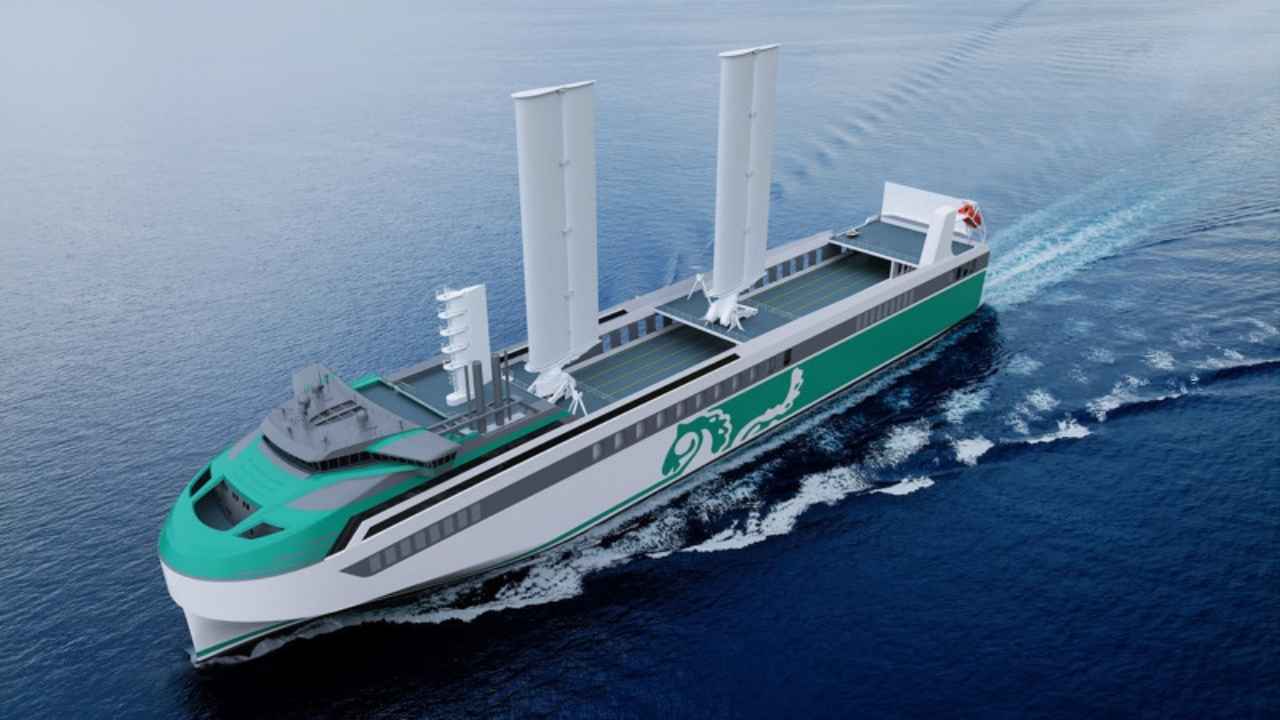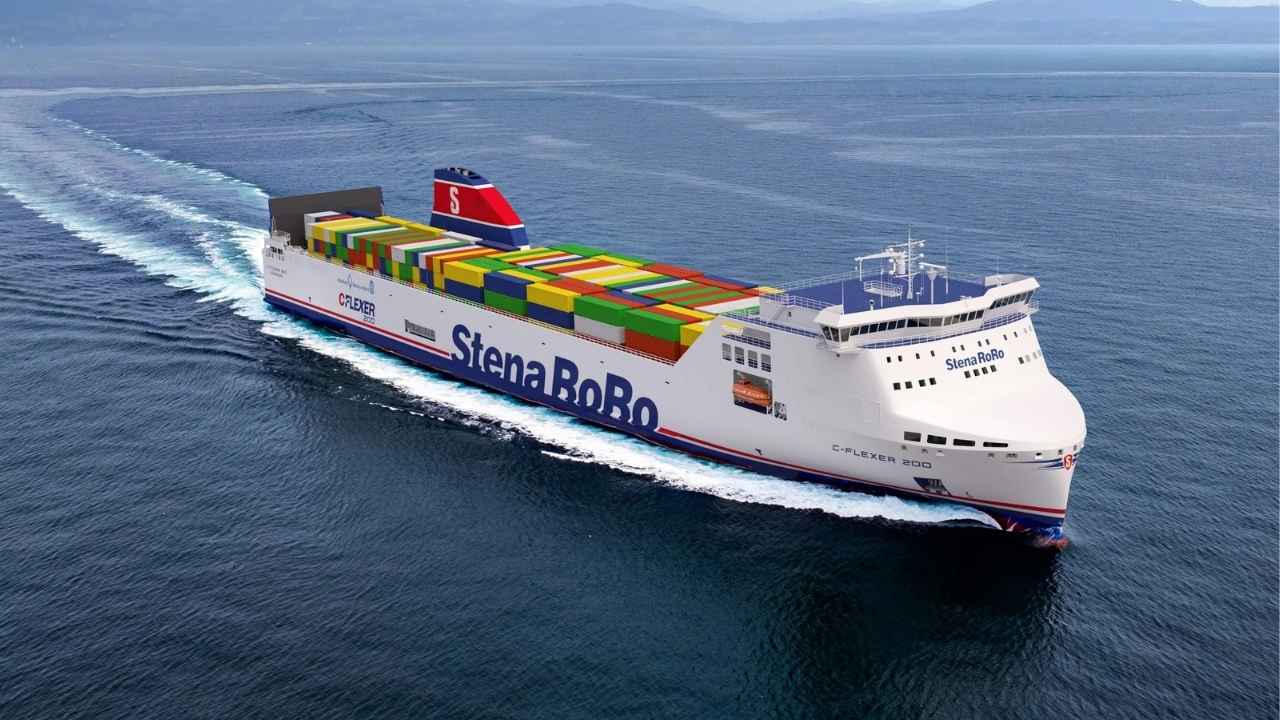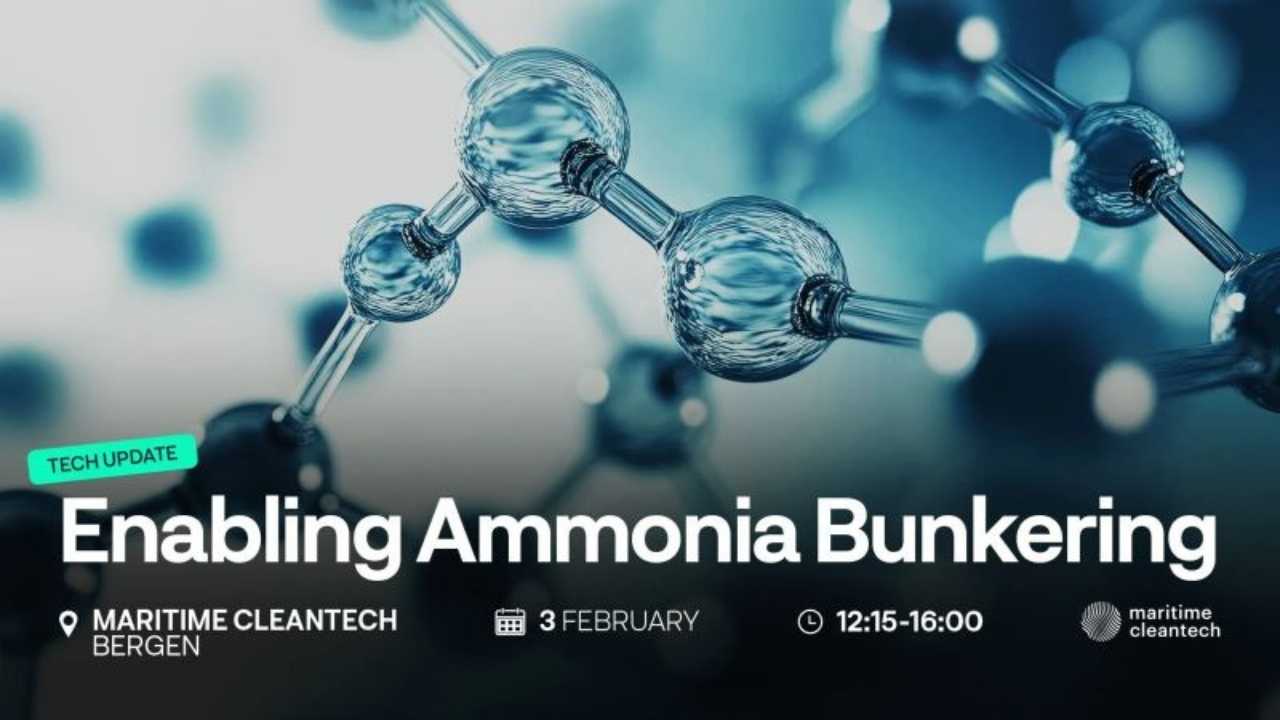

|
Island Oil appoints Varsha Sudheer as senior trader in Dubai
Marine fuel supplier strengthens trading platform with new hire at recently established UAE hub. |
|
|
|
||

|
Bitoil Group seeks bunker trader for Dubai operations
Dubai-based company is recruiting for a senior bunker trader role to manage global fuel sales and procurement. |
|
|
|
||

|
Uni-Fuels seeks bunker traders for new London operation
Singapore-headquartered firm advertises position as part of UK expansion. |
|
|
|
||

|
Uni-Fuels seeks bunker traders for new Piraeus office
Nasdaq-listed marine fuel provider advertises positions as part of expansion into Greek market. |
|
|
|
||

|
Wing sails could cut fuel use by 9% on expedition cruise vessels, study finds
Wallenius Marine and Salén Ship Management examine wind propulsion potential beyond cargo shipping. |
|
|
|
||

|
Stena RoRo orders C-Flexer RoRo vessels with battery-hybrid propulsion for 2029 delivery
Swedish shipowner places order with China Merchants Industry for next-generation vessels designed by NAOS. |
|
|
|
||

|
IMO to host technical seminar on marine biofuels in February
Event at London headquarters will examine recent experiences and future prospects for biofuels in shipping. |
|
|
|
||

|
H2SITE to present ammonia cracking technology at Bergen maritime seminar
Spanish firm to showcase dual-environment hydrogen production system for vessels and ports at Maritime CleanTech event. |
|
|
|
||

|
Clean Arctic Alliance urges Canada, Iceland and Norway to back polar fuels proposal at IMO
Environmental coalition calls on three Arctic nations to support Denmark-led measure on black carbon emissions. |
|
|
|
||

|
Valencia and Santos ports establish green corridor to decarbonise transatlantic trade
Ports sign agreement to promote low-emission fuels and shore power on Europe–South America route. |
|
|
|
||
| Costa Cruises to build two LNG-fuelled ships [News & Insights] |
| Carnival's bunker costs plummet $194 million in Q2 [News & Insights] |
| Contract to build first ever cruise ships powered at sea by LNG [News & Insights] |
| Cruise ship supplied for the first time with low-emission electricity from LNG [News & Insights] |
| Carnival to test engine monitoring and fuel efficiency technology [News & Insights] |